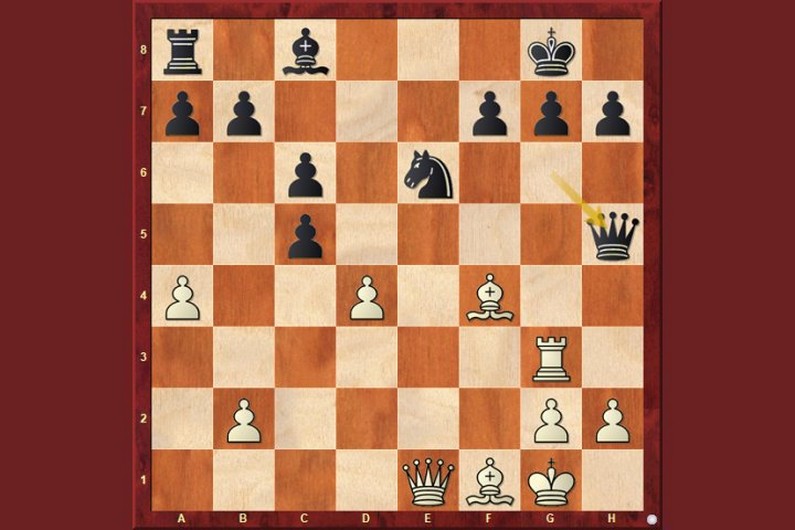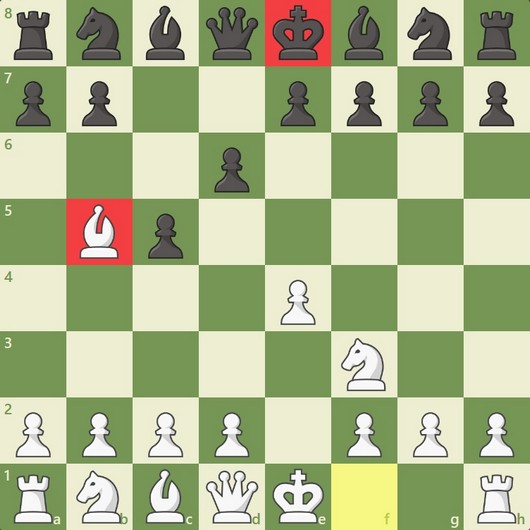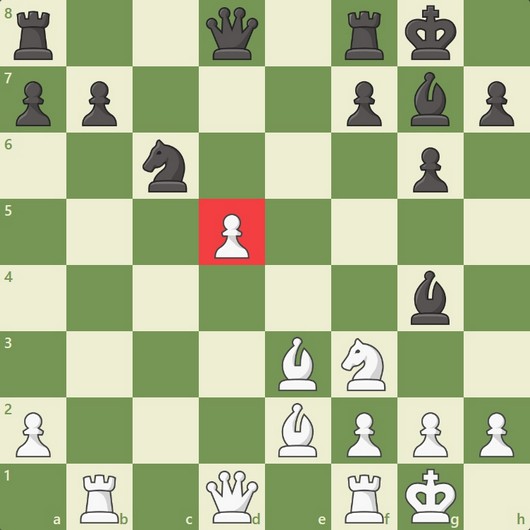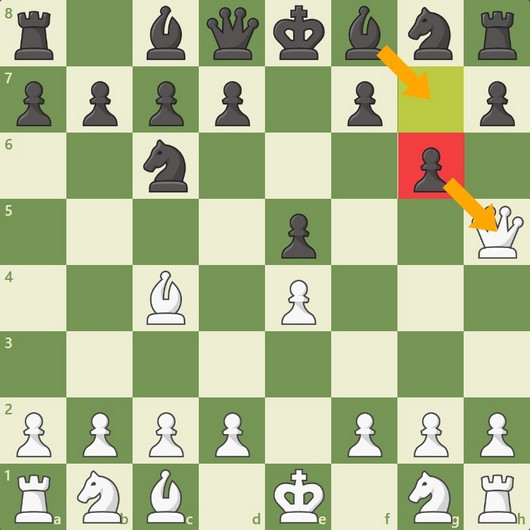Chess is a difficult game, but it is also very fulfilling the more you get better at it. Though as easy as it is to apprise yourself with the names and abilities of all the pieces on the board, you might still find that you have a long way to go when certain terms that are directed your way make no sense. There is little need to panic; this is a phase every beginner at chess goes through.
Many chess terms have been determined to describe certain conditions within the game without the need for elaborate explanations and definitions. To further progress in your understanding of chess, you would need to study and understand the implications of these terms because as you approach the professional level, they would become common parlance. Below is a compilation of the most important chess terms and what they mean.
The rules of chess are universal for all players and all boards. All players from, beginners to grandmaster (one of the terms you are to know), abide by the rules, and though the sizes of chess boards might vary, they all have the same pieces on them.
That said, the boards might vary in sophistication, with even the best travel chess sets being much simpler in design compared to the best chess boards available. A well-recommended board is this Classic Game Collection Metal Chess Set.
In understanding the terminology, moving the pieces around while learning some of the practical ones could help a player visualize what certain descriptions mean.


An amateur in chess refers to a non-master caliber player. The classification between masters and amateurs could be used to determine eligibility for certain competitions.




This term refers to quick/fast chess games. Here, each player is required to make all of his moves with a limited time (usually five minutes).
A book or a book move is a move that a player learns to play, from text or videos, in certain situations.







This is an acronym that stands for Club Tournament Director.


A double attack refers to a condition where a single move is used to launch an attack on two pieces simultaneously.


This refers to any game that ends without a winner.



This is a chess title awarded to players with ratings of 2000 to 2199 by the United States Chess Federation (USCF).


This is a French acronym that represents the International Chess Federation.
This is an official chess title and the third highest that can be received from the International Chess Federation.


This is a type of chess game where each player has a total time of five minutes to make all his/her moves.
This happens when a player’s side of the time finishes, and the player loses or draws because he ran out of time.

This is defeat in a chess game due to a player being absent or running out of time.

This is the highest chess title that can be awarded by the International Chess Federation to a player.
An illegal move is any move performed by a player that shouldn’t be possible and isn’t allowed by the rules of the game.
This is a title awarded by the International Chess Federation to chess players who are strong but below the level of grandmaster.


This is an acronym in chess that represents the Local Tournament Director.
This is a title that is awarded by the United States Chess Federation to players that are or had once been rated over 2200.
This is a term used to describe the value of pieces on the board for a player relative to another in terms of advantageous or disadvantageous.
This is an acronym in chess that represents National Tournament Director.

Patzer, a German word meaning bungler, is used to describe a player that is considered poor or inept at chess.

A pin is a tactic in chess where an attacking piece restricts the movement of a defending piece as such a move would expose a more valuable piece to capture.
This refers to a single turn taken by one of the players in two-player sequential games. Thus, a move consists of two plies.
This happens when a pawn reaches the back rank of an opponent and is promoted to a major piece.
Ranks are the horizontal rows on a chessboard. They are labeled 1-8 on the board.
Ratings are a means of estimating the skill of a chess player based on their performances in tournaments and against other players.
Repetition is a situation in a game of chess wherein a player can claim a draw if a position arises three times within the same game.
This happens when a player ends a game by intentionally turning down the king during a game or uttering the words “I resign.”
This is a format in competitions and tournaments where all players in the same section of the tournament play one another.

This is a division or part of a tournament where players play only others in their section.
A semi-open file is a file on a chessboard with a single pawn, of an opponent’s color, in it.
This is a title in chess awarded by the United States Chess Federation to any player who attains a rating of 2400.

This is a casual game of chess that is played without a clock.
This is a type of draw in chess where a player isn’t in check, but none of the pieces on the board can make legal moves.
This was a principle-based on-time control, which requires a game to be completed within a certain amount of time.

This is an acronym in chess that represents the Tournament director.
A tactic in chess can be described as a series of moves and combinations (involving attacks, checks, safeguarding pieces, etc.) designed to limit the choices of an opponent and gain an edge for a player.
Team tournaments in chess involve teams squaring up against one another.
In chess, the term tempo most accurately describes the time taken or turns used to develop a tactic or strategy by a player.

A time delay is an amount of time, usually in seconds, that is set to count after every turn before the next player’s time starts to count again.

When a player is said to be unrated, such a player has never played a rated game, or his/her rating has not been made official yet.
This is an acronym in chess that represents the United States Chess Federation
Just like a patzer, a woodpusher refers to a player who is not good at the game of chess.

This is an innovative move where a player delays playing an expected move by initially posing an immediate threat with another piece that must be dealt with or prevented first by an opponent.
If you are at this point, you should have a basic understanding of many of these terms, and if you moved your pieces around the board as you learned them, their general implications on the game of chess should be settling in.
The next step should be learning strategies and acquiring a personal board to practice with friends. You could go for a durable, USCF-endorsed board such as the House of Staunton Quiver Chess Set. However, if you have a taste for exquisitely finished themed boards that bring more class, there is this Dragon Chess Set for you.
Whichever board you settle for, the key to progress is to keep learning and thinking about the game. Keep cultivating your strategies and planning; you might just be of the right mindset to play professionally.